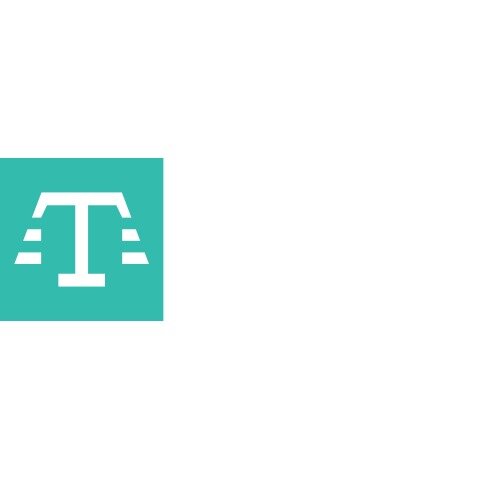Best Hiring & Firing Lawyers in Iran
Share your needs with us, get contacted by law firms.
Free. Takes 2 min.
Or refine your search by selecting a city:
List of the best lawyers in Iran
About Hiring & Firing Law in Iran
Hiring & Firing in Iran are governed by the Labor Code, which outlines the rights and responsibilities of both employers and employees. Iran has specific regulations regarding hiring practices, termination of employment, and severance pay.
Why You May Need a Lawyer
You may need a lawyer for Hiring & Firing in Iran in situations such as discrimination, unfair dismissal, breach of contract, or if you are unsure about your rights and obligations as an employer or employee.
Local Laws Overview
Key aspects of local laws relevant to Hiring & Firing in Iran include requirements for employment contracts, probation periods, termination notice periods, and severance pay calculations based on years of service.
Frequently Asked Questions
1. Can an employer terminate an employee without cause in Iran?
No, employers in Iran need a valid reason to terminate an employee. This can include poor performance, misconduct, or redundancy.
2. Is severance pay required when terminating an employee in Iran?
Yes, employers are required to pay severance to employees terminated without cause, calculated based on the employee's years of service.
3. Are there any restrictions on hiring foreigners in Iran?
Employers in Iran must obtain work permits for foreign employees and are subject to specific regulations regarding the employment of foreign nationals.
4. What are the notice periods for terminating an employee in Iran?
The notice period for terminating an employee in Iran varies depending on the length of the employee's service, typically ranging from one to three months.
5. Can an employee challenge their termination in Iran?
Yes, employees can challenge their termination in Iran if they believe it was unfair or unlawful. They may seek legal assistance to pursue their rights.
6. Are there any prohibited grounds for termination in Iran?
Termination based on an employee's race, gender, religion, or other protected characteristics is prohibited in Iran and can lead to legal consequences for the employer.
7. Is it necessary to have a written employment contract in Iran?
Yes, it is required to have a written employment contract in Iran outlining the terms and conditions of employment to protect the rights of both employers and employees.
8. How is overtime pay regulated in Iran?
Overtime pay in Iran is regulated by law and typically requires employers to compensate employees for any hours worked beyond the standard working hours.
9. Can employees be subject to non-compete agreements in Iran?
Non-compete agreements are permitted in Iran but must be reasonable in terms of duration, scope, and geographical restrictions to be enforceable.
10. Are there any specific requirements for hiring minors in Iran?
Employers in Iran must comply with specific regulations when hiring minors, including obtaining parental consent, limiting working hours, and providing a safe working environment.
Additional Resources
For further information on Hiring & Firing in Iran, you may contact the Ministry of Cooperatives, Labour, and Social Welfare or seek assistance from legal professionals specializing in employment law.
Next Steps
If you require legal assistance with Hiring & Firing in Iran, consider consulting with a lawyer who can provide guidance on your rights and options. It is important to understand the local laws and regulations to protect your interests as an employer or employee in Iran.
Lawzana helps you find the best lawyers and law firms in Iran through a curated and pre-screened list of qualified legal professionals. Our platform offers rankings and detailed profiles of attorneys and law firms, allowing you to compare based on practice areas, including Hiring & Firing, experience, and client feedback.
Each profile includes a description of the firm's areas of practice, client reviews, team members and partners, year of establishment, spoken languages, office locations, contact information, social media presence, and any published articles or resources. Most firms on our platform speak English and are experienced in both local and international legal matters.
Get a quote from top-rated law firms in Iran — quickly, securely, and without unnecessary hassle.
Disclaimer:
The information provided on this page is for general informational purposes only and does not constitute legal advice. While we strive to ensure the accuracy and relevance of the content, legal information may change over time, and interpretations of the law can vary. You should always consult with a qualified legal professional for advice specific to your situation.
We disclaim all liability for actions taken or not taken based on the content of this page. If you believe any information is incorrect or outdated, please contact us, and we will review and update it where appropriate.
Browse hiring & firing law firms by city in Iran
Refine your search by selecting a city.

















